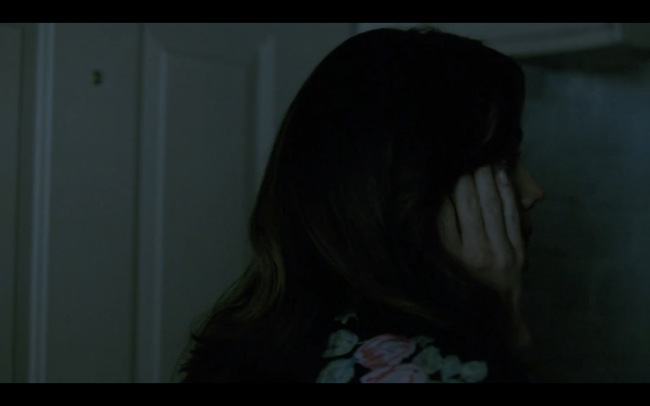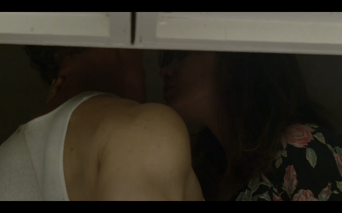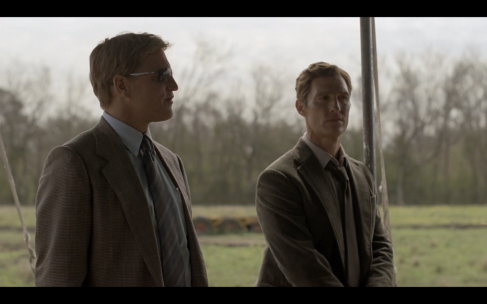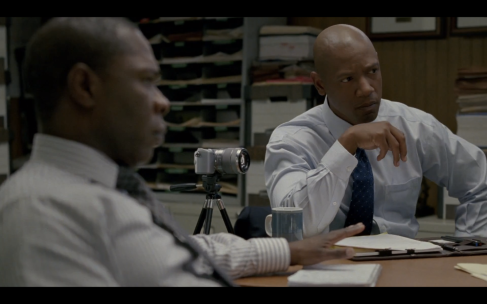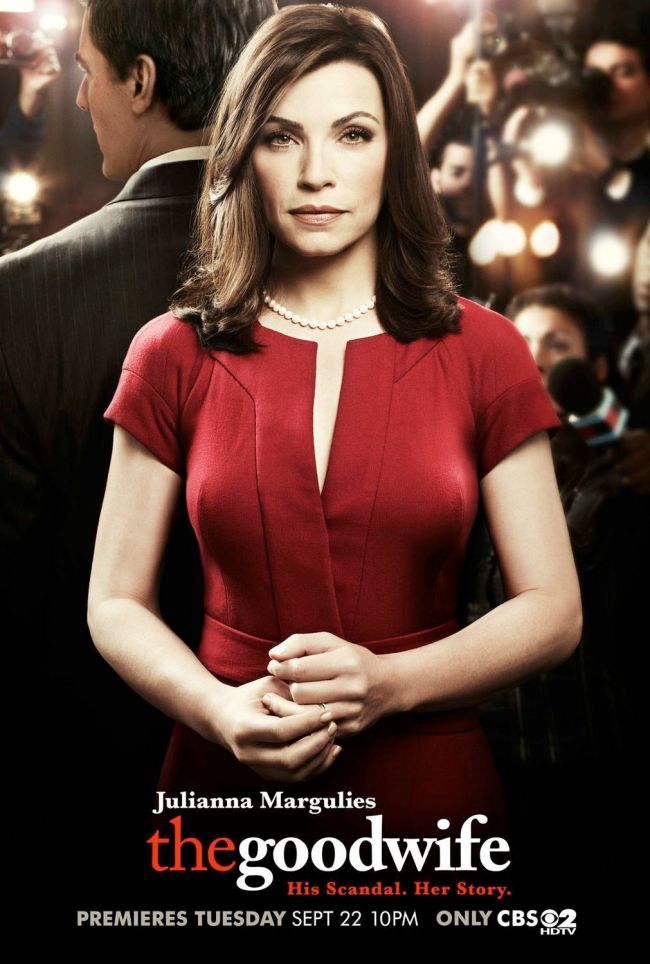On last Sunday’s Mad Men, Sally catches Don in a lie—she visits SCDPCDPCHCHJ (I can’t remember the agency name anymore) and finds that he’s not there, but doesn’t confront him about it when he later claims he was at the office. Once Don finds out Sally knew the truth, he asks why she withheld as well. “It’s more embarrassing to catch you in a lie than to ignore it,” Sally says, no doubt recalling the events of last season, when she walked in on Don mid-hookup with a woman who was not his wife. Don sneers at Sally’s response, accusing her of lying in wait, then trapping him in a fib, “just like your mother.”
Mad Men rarely patronizes its viewers, so the show doesn’t spell out that Don is referencing the events of season three. In episode 3×11, Betty confronts Don about his identity theft after opening the Pandora’s box in his desk, chock-full of family photos and references to Dick Whitman’s life. As soon as Don spits that insult at Sally—just like your mother—we flash back to Betty standing righteously in Don’s office; to his mistress, the long forgotten schoolteacher, hunched in Don’s car parked outside. Don’s entire journey—really, his descent—is present as we flash from the moments after Betty’s confrontation in season three to the Don Draper of season seven. In the former season it was odd to watch Don, always suave and composed, shaking so forcefully in the face of Betty’s discovery that he couldn’t light his cigarette. Now Don is often that unmoored; he traipses around his house in pajamas, marking the levels of his quickly depleting liquor bottle. “I can explain,” Don sputtered to Betty in season three, the box of photos between them. “I know you can,” Betty replied. “You’re a very, very gifted storyteller.” It was true then; it’s not so true now.
At the moment that Don knew his wife had found him out, he must have thought it was the lowest point in his life. Looking back, he knows it was not, as do we. The depths of his misery have only deepened, and today he is essentially an unemployed alcoholic in an unhappy marriage. In a four-word phrase—just like your mother—Mad Men reminds us of Don’s relationship with Sally, his relationship with Betty, his relationship with the truth, his relationship with himself. We become conscious of the years and years we have spent with this character. Television is unique in this way; a movie, a book, a painting, are contained experiences, stretching over hours or days. Television stretches over years. This is changing through shows like True Detective or the new Fargo, one-and-dones that in future seasons will perhaps be united by an aesthetic sensibility, if not by character. But the best television takes advantage of our extended relationships with its characters and uses that intimacy to move us. “Just like your mother” reminds us how broken Don is, and how fraught he and Sally’s relationship is. Which is why the episode’s ending scene is such a gut punch. Don drops Sally off. They have had dinner, have mended at least a post on the fence. “Happy Valentine’s Day,” she tosses off through the car window. “I love you.” Don is stunned, and touched, as are we. It’s so hopeful, the capacity for love after all that. And therein, the power of television: that we are able to experience all that.









